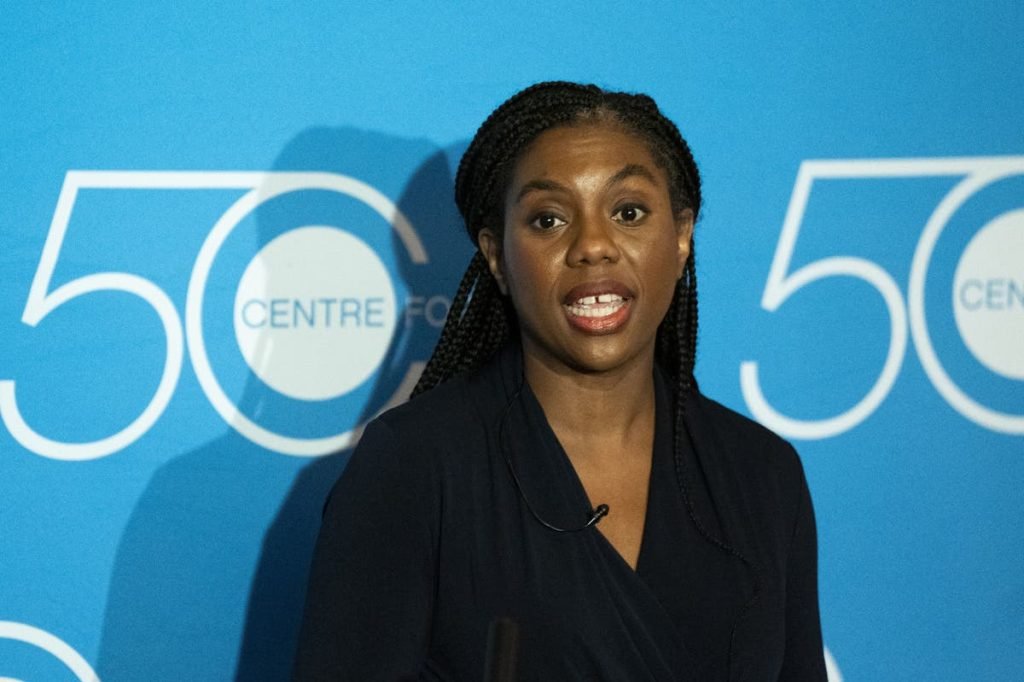
Allies of Kemi Badenoch have urged people to scrutinise the record of the vice president of Nigeria who publicly criticised her this week after it emerged he was the governor of the region where 200 girls were kidnapped by Boko Haram.
VP Kashim Shettima this week hit out at the Tory leader in a speech this week accusing of “denigrating her country of origin”, while praising Rishi Sunak as a “brilliant young man, he never denigrated his nation of ancestry.”
But allies of Ms Badenoch have said that scrutiny should be focussed on the record of Mr Shettima as being illustrative of the problems in Nigeria and its failings.

Ms Badenoch has often spoken of the terrifying circumstances during her childhood as she grew up in Nigeria and held it up as an example as why politics about multiculturalism and diversity are important.
Her supporters have pointed out that Shettima was governor of Borno State when 276 mostly Christian Chibok girls were kidnapped by the Islamist extremist terror group Boko Haram in 2014.
At the time he was criticised for not calling the country’s then president Goodluck Jonathan to give him a briefing and there were questions over his failure to get the girls released.
Mr Shettima was reported in the Premium Times in Nigeria that “it took 19 days to be contacted by the presidency” after the kidnap.
Added to that his supporters were forced to defend him when pictures of him allegedly sitting and eating with members of Boko Haram. They claimed the pictures were just “mischief” and Mr Shettima has said he took on the Islamist terror group during his governorship.
More than 100 of the girls who were kidnapped are still missing.
Mr Shettima became the candidate for governor in 2011 after engineer Modu Fannami Gubio, his main rival who was selected as candidate was shot dead by gunmen in a sign of the problems in the country.
Mr Shettima’s anger came after Ms Badenoch made a number of critical remarks about Nigeria, the country she grew up in.
During her unsuccessful bid to lead the Tory party in 2022 she said: “I grew up in Nigeria and I saw first-hand what happens when politicians are in it for themselves, when they use public money as their private piggy banks, when they promise the earth and pollute not just the air but the whole political atmosphere with their failure to serve others.
“I saw what socialism is for millions. It’s poverty and broken dreams. I came to Britain to make my way in a country where hard work and honest endeavour can take you anywhere.”
The Nigeria government has been approached for comment.






